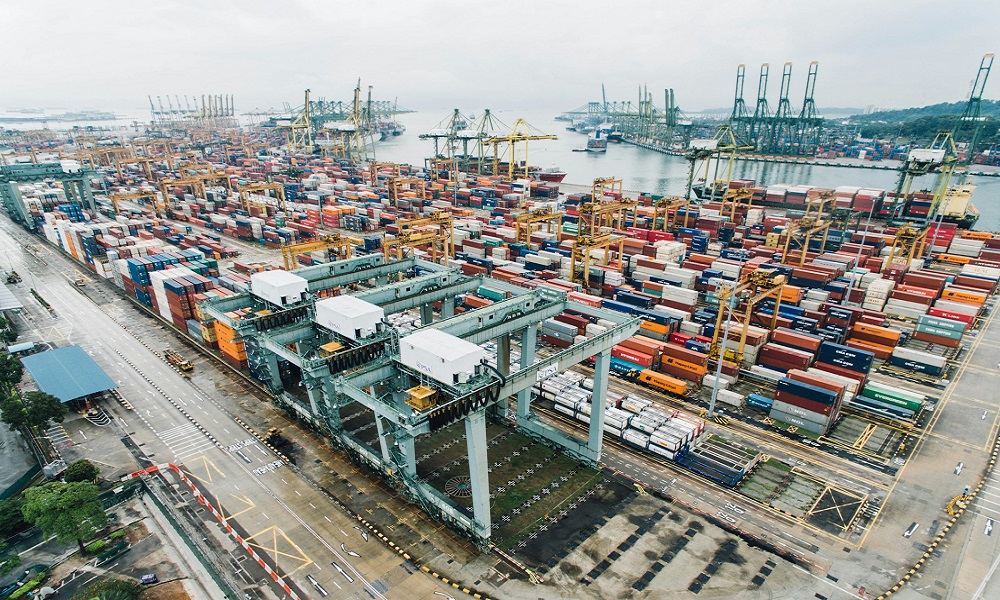On Wednesday, Oct. 2, the Recycled Materials Association (ReMA) signed on to a coalition letter consisting of more than 270 local, state, and federal trade associations to urge President Biden to take immediate action to intervene and resolve the strike impacting East and Gulf Coast ports in the U.S.
The strike started just after midnight on Tuesday, Oct. 1 when thousands of dockworkers walked off the job at ports stretching from New England to Texas as negotiations stalled between the International Longshoremen’s Association (ILA) and the U.S. Maritime Alliance (USMX), which represents the major foreign-owned shipping lines, the port operators, and the port authorities.
The ILA is seeking a new contract for union port workers that would include a raise as high as $5 per hour, per year over a six-year period. On Monday, the ILA rejected USMX’s offer, which USMX described as a nearly 50% wage increase over six years.
In the letter to the White House, the coalition noted that this strike has become an issue of economic and national security and will impact businesses that “are not party to the negotiations but rely on the free flow of goods, both imports and exports, through these critical ports.”
“Resolving this labor dispute is crucial to ensuring trade of recycled materials resumes quickly, as approximately 54% of U.S. exports of recycled products are traded through the impacted ports,” said Adam Shaffer, ReMA’s assistant vice president of international trade and global affairs.
The impacted ports handle more than half of the nation’s cargo ship trade volume. Analysts have estimated the associated costs of a strike could be as high as $5 billion each day of work stoppage, which is nearly 6% of daily gross domestic product (GDP). It is expected that it could take up to six days per day of port closure to fully clear the backlog. For example, if the strike lasts five days, it may take up to a full month to return to a normal speed of operations.
The trade associations requested for the Biden administration to use its authorities to not only open the ports again, but also work with both parties to resolve the outstanding contract issues noting that a federal mediator would be necessary to help ensure both sides bargain in good faith and agree on a new deal.
Federal law allows the president the ability to intervene in these types of disputes. In 2022, President Biden invoked the Taft-Hartley Act in the rail negotiations to avoid a strike and force a cooling off period. However, the White House has indicated that President Biden does not intend to intervene in this dispute.
“ReMA will continue to monitor developments for our members and will continue to take any opportunity to push all parties to return to the negotiating table and resolve this labor dispute,” Shaffer added.










